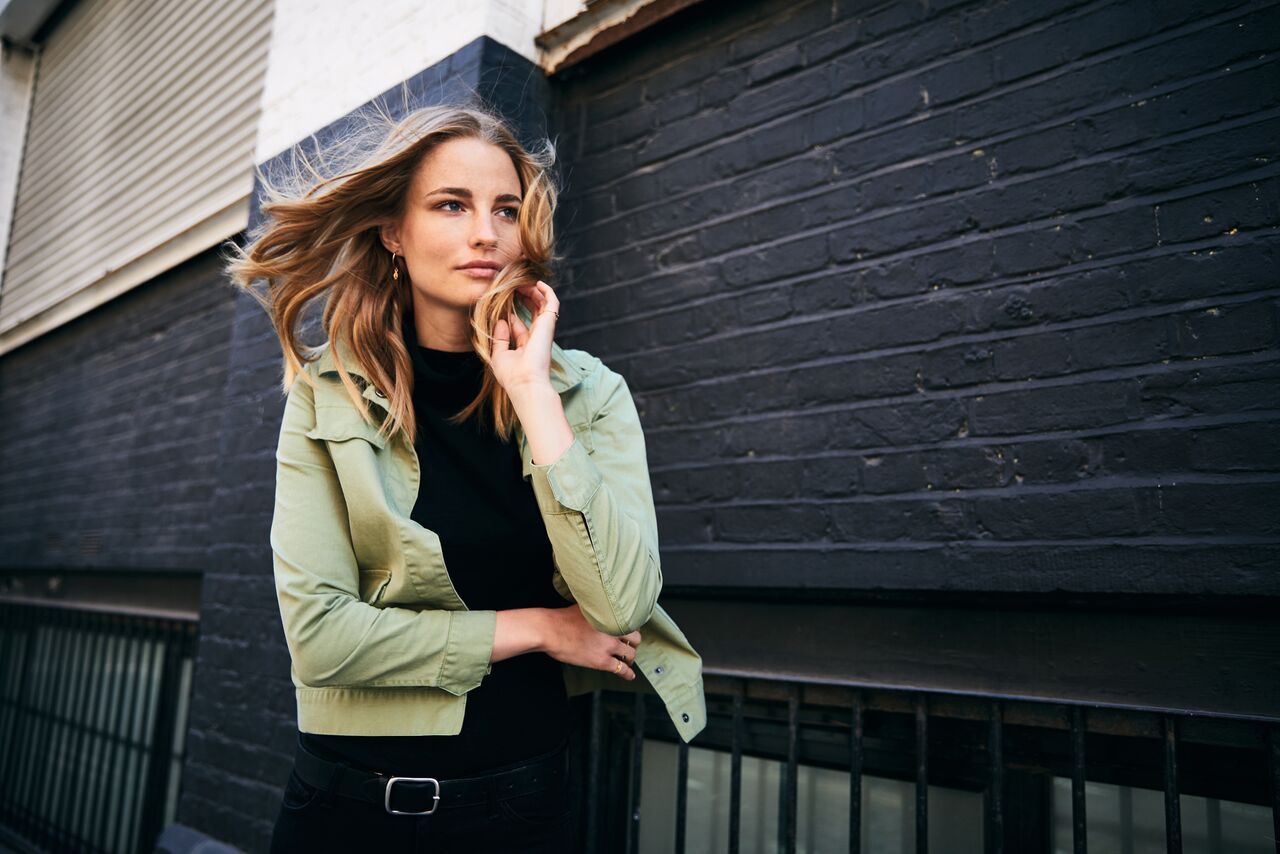Fast vs. Slow and Our Fashion Philosophy

FAST FASHION AND IT'S CONSEQUENCES
The fashion industry, as we know it today, focuses on low costs and rapid speed to produce new collections almost every week. Every high street store sells us trendy pieces that can be paid for with the loose change in your pocket. The days of buying clothes as you outgrew them or had a real need for them are no longer.
The world now consumes about 80 billion new pieces of clothing every year. This is 400% more than the amount we consumed just two decades ago. And with this increased buying, comes increased waste. The U.S. produces more than 11 million tons of textile waste each year and in 2017, 235 million pieces of clothing were thought to have been sent to landfill in spring 2017. With the rise of fast fashion, clothing has become disposable.
The fast fashion industry also has a huge environmental and human cost. The fashion industry is one of the largest polluters of clean water, second only to the agriculture industry. The cheap, toxic chemicals used to dye fabrics as well as the microfibres that are extracted from polyester during washing are leaking into our water systems and causing huge damage.
As companies try to drive their prices lower and lower, it’s the garment workers who suffer by being forced to work in dangerous environments, for low wages and without basic human rights. A stark example, that still weighs heavily on our minds, is the Rana Plaza tragedy in Bangladesh. The factory collapse took the lives of 1,134 workers and injured a further 2,500. This was one of many factories that manufactured products for well known high street fast fashion brands.
SLOW FASHION
So, what is slow fashion? And why do we believe in it? Slow fashion is the opposite to fast fashion as described above. It advocates for principles such as good quality, clean environment, and fairness for both consumers and producers.
Here, at Theo+George, we believe in buying less and choosing well. We want to change the narrative surrounding fashion and move away from disposable clothing. In the fast fashion industry, the average wear per item is 5. If you increase this to 50 wears, your carbon footprint is reduced by 400% per item, per year.
We create high quality pieces that will stand the test of time. Our pieces are considered, timeless and made using select fabrics and textiles, so our clothes are not only beautifully designed, crafted, comfortable, but also washable, durable and built to last. We want to see you in our pieces for years to come, through seasons, trends and life.
But it really is up to you as a consumer to make the difference. It will mean spending slightly more, consuming a lot less and specifically, not buying into every trend. It’s an adjustment to what we’ve all become accustomed, but when human rights and lives are on the line, the sacrifice pales in comparison to the consequences.
OUR SUSTAINABILITY EFFORTS
We make sure to use ethical manufacturers across Europe and Asia. Our denim is made in an Italian factory where it receives minimal washing and colour treatments and it’s produced and sewn into jeans by local personnel in their owned clothing factor.
Our cashmere is made in a completely vertical factory in Mongolia. The factory owners own the goats, harvest the hair, spin the fabric and manufacture the sweaters, guaranteeing us not only great quality but also the peace of mind of knowing that the goats are well taken care of – healthy goats are necessary for high quality cashmere year on year. We’re open about our manufacturing processes on our website and are always available to answer any questions.
As a small company, it’s difficult to make every aspect of our business 100% sustainable but, as we grow we hope to continue on our sustainability journey and encourage slow and ethical fashion. For the time being, we are happy to be providing high quality, stylish and classic options as an alternative for those aware of fast fashion’s consequences and to educate those who aren’t.
